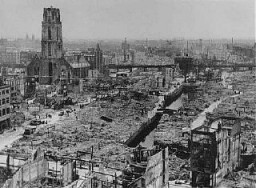
Article
Browse an alphabetical list of articles about the Holocaust and World War II. Learn more about topics such as the Nazi rise to power, how and why the Holocaust happened, life in Nazi camps and ghettos, and the postwar trials.
<< Previous | Displaying results 1051-1073 of 1089 for "Article" | Next >>
-
Wetzlar Displaced Persons Camp
ArticleAfter WWII, many Holocaust survivors, unable to return to their homes, lived in displaced persons camps in Germany, Austria, and Italy. Read about Wetzlar DP camp.
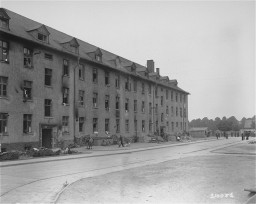
-
What Groups of People did the Nazis Target?
ArticleJews were the primary targets for mass murder by the Nazis and their collaborators. Nazi policies also led to the brutalization and persecution of millions of others.
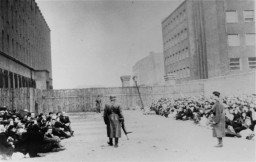
-
What is Genocide?
ArticleThe term genocide refers to violent crimes committed against groups with the intent to destroy the existence of the group. Learn about the origin of the term.
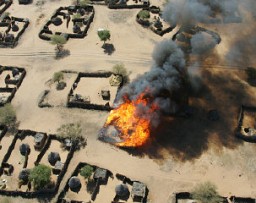
-
The White Rose Opposition Movement
ArticleThe White Rose, led by students including Hans and Sophie Scholl, was an anti-Nazi group during WWII. Its members spread leaflets denouncing the regime.
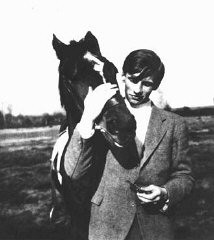
-
Who Tried the Case?
ArticleThe prosecutors for the trial of Nazi war criminals at Nuremberg came the victorious Allied nations—the United States, Great Britain, France, and the Soviet Union.
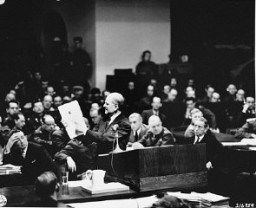
-
Who Was Put on Trial?
ArticleThe International Military Tribunal charged 24 defendants representing a cross-section of German diplomatic, economic, political, and military leadership.
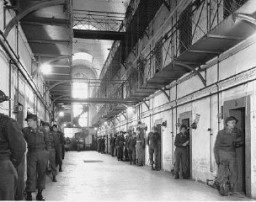
-
Elie Wiesel Timeline and World Events: 1928–1951
ArticleSurvivor Elie Wiesel devoted his life to educating the world about the Holocaust. Learn about key events in the world and his life from 1928–1951.
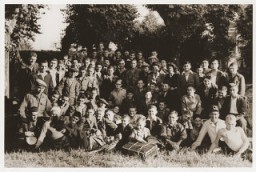
-
Wilhelm Frick
ArticleBrief overview of the charges against Wilhelm Frick during the International Military Tribunal at Nuremberg. Frick was Reich minister of the interior 1933-1943.
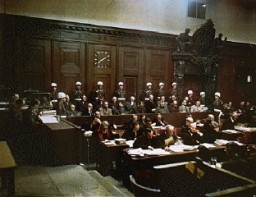
-
Wilhelm Keitel
ArticleBrief overview of the charges against Wilhelm Keitel, German Armed Forces High Command leader, during the International Military Tribunal at Nuremberg.
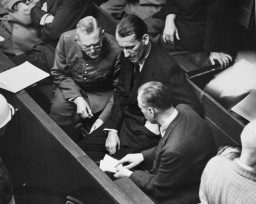
-
Wilhelm Keitel: Biography
ArticleField Marshal Wilhelm Keitel was commander of all German armed forces during World War II. Learn about his military career and postwar trial.

-
William L. Shirer
ArticleAmerican journalist, foreign correspondent, author, and pioneer radio broadcaster William L. Shirer was one of the key observers and chroniclers of the Nazi regime.
-
Witnessing History
ArticleMany journalists, private citizens, and staff observed the historic events of the International Military Tribunal at Nuremberg from the visitors' gallery.
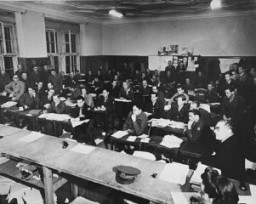
-
Women during the Holocaust
ArticleUnder the Nazis, Jewish and other “non-Aryan” women were often subjected to brutal persecution. Learn more about the plight of women during the Holocaust.
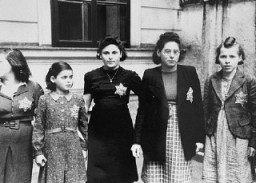
-
Women in the Third Reich
ArticleDespite the Nazi Party's ideology of keeping women in the home, their roles expanded beyond wives and mothers.
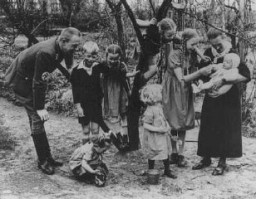
-
World War I
ArticleThe experiences of World War I and its aftermath would profoundly shape the attitudes and actions of leaders and ordinary people during the Holocaust.
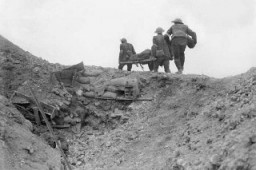
-
World War I: Aftermath
ArticleThe trauma of WWI would profoundly shape the attitudes and actions of leaders and ordinary people during the Holocaust. Learn more about the aftermath of the conflict.
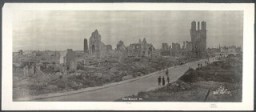
-
World War I and its Aftermath: Key Dates
ArticleExplore a timeline of key events in the history of World War I and its aftermath. Learn about the conflict and its divisive peace.

-
World War I and the Armenian Genocide
ArticleMass atrocities and genocide are often perpetrated within the context of war. Learn more about World War I and the Armenian genocide.
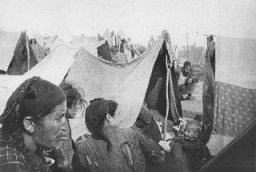
-
World War I: Treaties and Reparations
ArticleAfter the devastation of WWI, the victorious western powers imposed a series of treaties upon the defeated nations. Learn about the treaties and their impact.
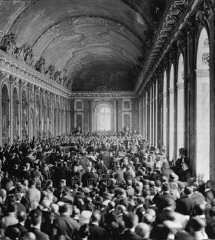
-
World War II: In Depth
ArticleGermany started World War II in Europe on September 1, 1939, by invading Poland. War would continue until 1945. Learn more about key events in the history of WWII.
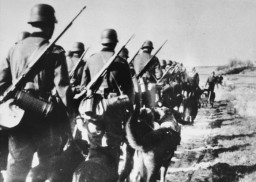
-
World War II in Eastern Europe, 1942–1945
ArticleBefore 1942, Nazi Germany had expanded across much of Europe. Learn more about major Allied victories in eastern Europe that led to the German surrender.
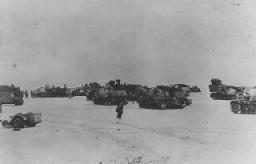
-
World War II in Europe
ArticleGermany started World War II in Europe on September 1, 1939, by invading Poland. War would continue until 1945. Learn more about WWII and genocide in Europe.
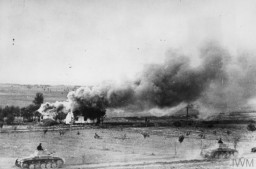
-
World War II in Europe
ArticleWorld War II lasted from 1939 to 1945, when the Allies defeated the Axis powers. Learn about key invasions and events during WWII, also known as the Second World War.
